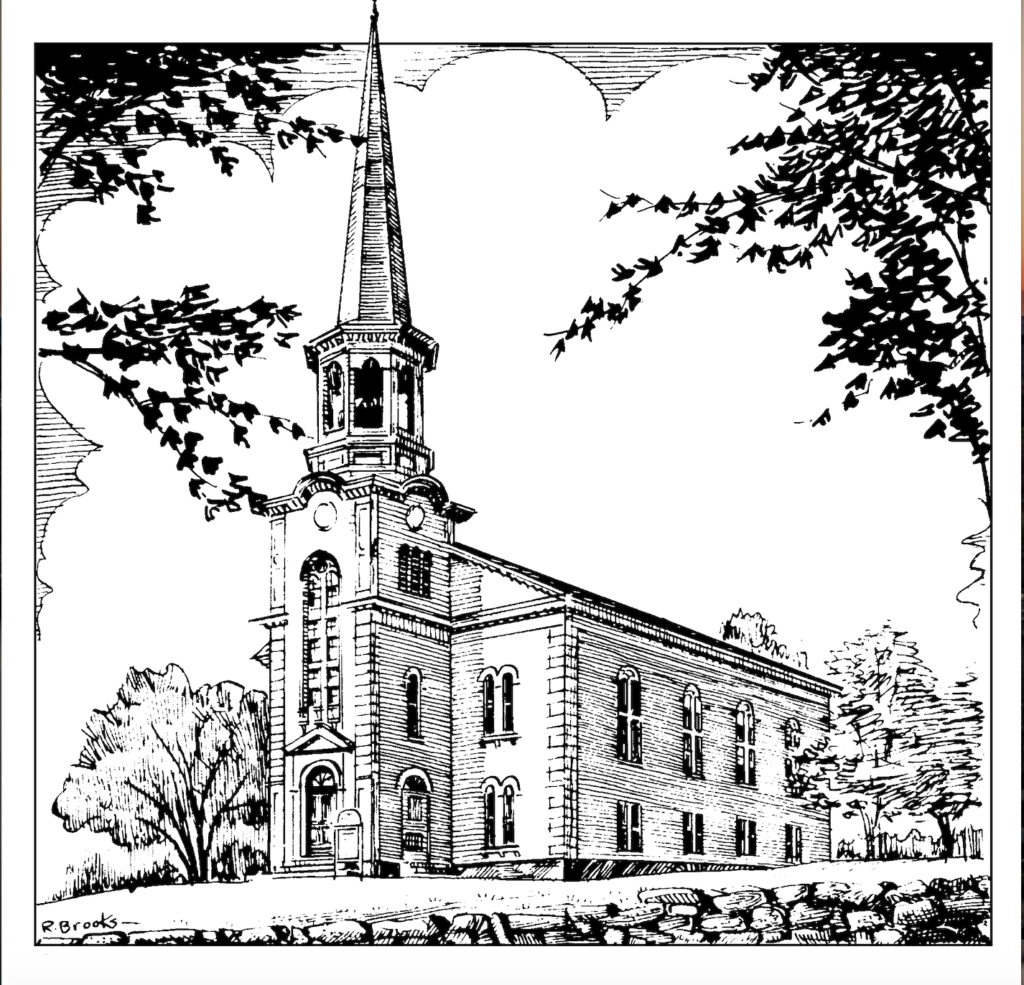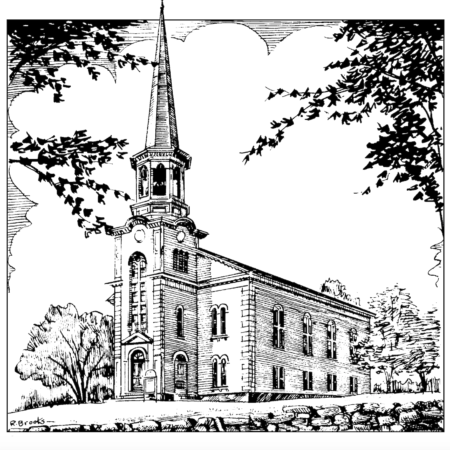Criticizing and Energizing
Micah 6:1-8

6Hear what the Lord says: Rise, plead your case before the mountains, and let the hills hear your voice. 2Hear, you mountains, the controversy of the Lord, and you enduring foundations of the earth; for the Lord has a controversy with his people, and he will contend with Israel. 3“O my people, what have I done to you? In what have I wearied you? Answer me! 4For I brought you up from the land of Egypt, and redeemed you from the house of slavery; and I sent before you Moses, Aaron, and Miriam. 5O my people, remember now what King Balak of Moab devised, what Balaam son of Beor answered him, and what happened from Shittim to Gilgal, that you may know the saving acts of the Lord.”
6“With what shall I come before the Lord, and bow myself before God on high? Shall I come before him with burnt offerings, with calves a year old? 7Will the Lord be pleased with thousands of rams, with ten thousands of rivers of oil? Shall I give my firstborn for my transgression, the fruit of my body for the sin of my soul?” 8He has told you, O mortal, what is good; and what does the Lord require of you but to do justice, and to love kindness, and to walk humbly with your God?
Historical Context
We don’t know much about Micah except that he came from the small town of Moresheth, about twenty miles southwest of Jerusalem. That places him in the southern kingdom of Judah, although he also directs his prophecy to the northern kingdom of Israel. Micah was a younger contemporary of Isaiah, Amos and Hosea, for he tells us that he prophesied during the reigns of kings Jotham, Ahaz, and Hezekiah.
Theme: Criticizing and Energizing
In his book The Prophetic Imagination (1978), Walter Brueggemann suggests that the prophets of Israel were about two things. Their ministry included both criticizing and energizing.
The prophets disturb our status quo, question the reigning order of things, help us see the normal state of affairs in a different light, and advocate a new way of living — all this in every dimension of life: personal, social, spiritual, economic, political. But the prophets also energized God’s people. They comforted the afflicted. They intended to “generate hope, affirm identity, and create a new future.” They weren’t just negative naysayers; they offered positive affirmation, and encouragement. The reading from Micah offers a good example of both prophetic critique and pastoral comfort.
First, he reminds them of the nature of true religion. It consists not of outward forms, of rote rituals, but of an inner transformation: “He has showed you, O man, what is good. And what does the Lord require of you? To act justly, and to love mercy, and to walk humbly with your God” (6:8).
Micah also reminds Israel of the never-ending grace of God. In the last two verses of his entire prophecy, he offers these same false prophets, drunken religious leaders, corrupt politicians, greedy business people, and self-serving civic fathers a word of forgiveness; it’s an evocative reminder of the energizing hope that God offers to all of us.
Even today, every year these words are read by Jews on the Day of Atonement.
Who is a God like you,
who pardons sin and forgives the transgression
of the remnant of His inheritance?
You do not stay angry forever
but delight to show mercy.
You will again have compassion on us;
you will tread our sins underfoot
and hurl all our iniquities into the depths of the sea. (Micah7:18–19)


0 Comments